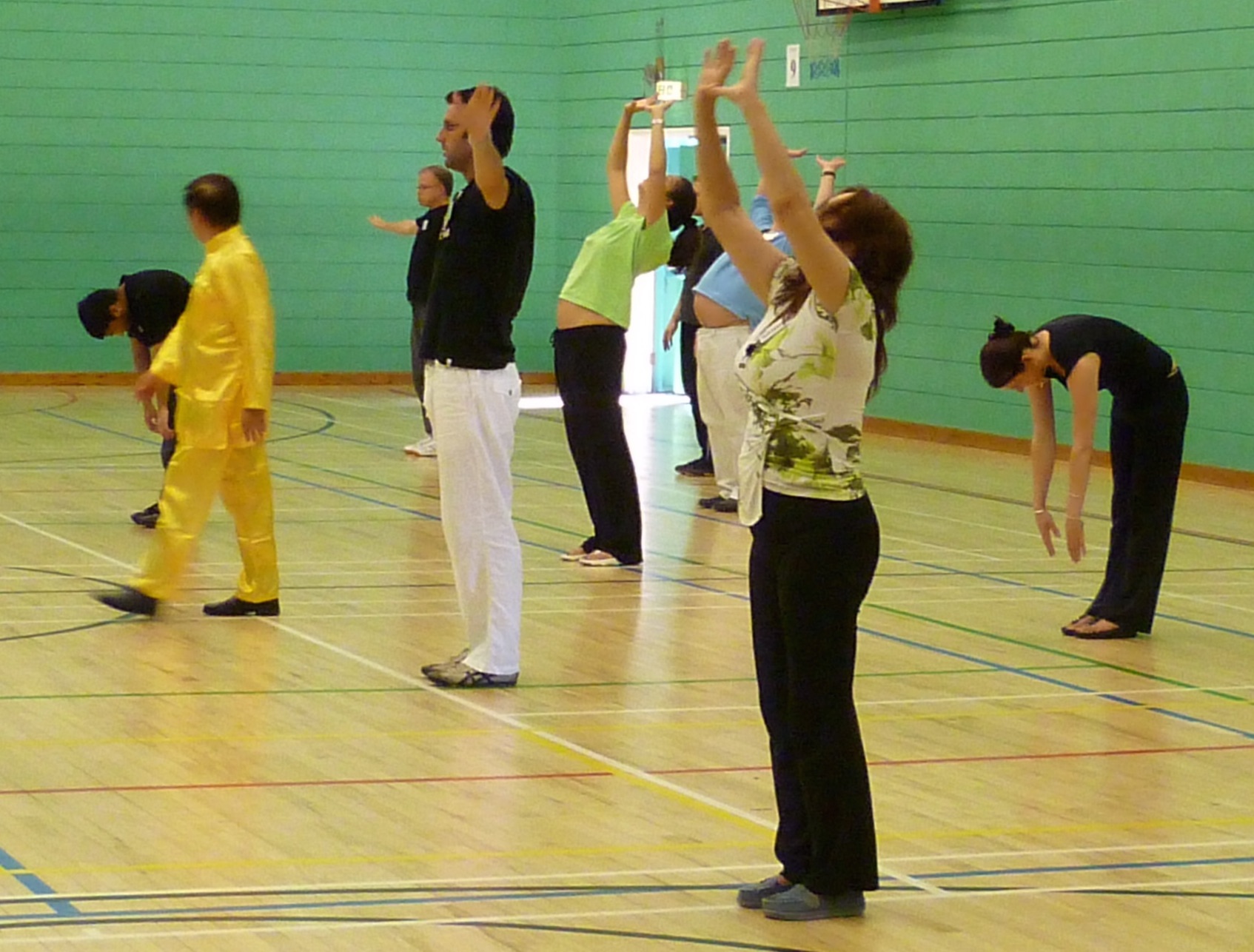USING QIGONG PARADIGM IN QIGONG RESEARCH

For qigong research to be successful, researchers should use the qigong paradigm, like harmonious energy flow and yin-yang harmony, and not the Western medical or scientific paradigm
Question
I am a physiotherapist, and have 10 years of qigong and Taiji training. I am studying physiology and qigong in the search for explanations to how qigong works, beside the pure energy part.
Tomas, Sweden
Answer
An important point I have attempted to impress upon both Western scientists as well as modern qigong masters is that to derive the best benefits, qigong should be practiced and studied in its own paradigm, and not in a Western scientific paradigm. This is only logical. An art, any art, developed in its own culture, and therefore is best expressed and explained in its own cultural reference.
In practical terms it means that when we study qigong (chi kung) we use qigong terms of reference like jing, qi and shen (or body, energy and spirit) and not Western terms like muscular reaction, hormone production and blood pressure count. The setbacks of using a foreign paradigm to study qigong are obvious, though paradoxically even experts may not realize them. For example, when Western scientists and modern qigong masters research into the effect of practicing qigong on various diseases, they usually use Western parameters like temperature changes and parts per million of the viruses or bacteria in question. One serious setback of doing so is that the researchers ignore the work and explanation of centuries of qigong masters on the same topics but written in classical qigong parameters. Another serious setback is that they focus on variables which may be irrelevant in qigong.
This does not mean that Western scientists cannot work with traditional qigong masters since they use different paradigms. But if Western scientists wish to understand how qigong may help them to solve problems, they should first view qigong from the qigong perspective using qigong parameters. Then they may use their own Western parameters to test if the problems have been solved.
For example, if Western research scientists wish to find out whether practicing qigong can help patients overcome viral infection, they should not impose their Western parameters on the qigong masters, like insisting that the masters must explain what antibodies are produced to neutralize the viruses. The reason is that these Western parameters, which may be essential in the Western paradigm, are simply not relevant in the qigong paradigm!
The qigong masters are not interested in the antibodies and viruses! Their concern is to get the patients generate an harmonious energy flow, which will eventually restore yin-yang harmony. When yin-yang harmony has been restored, the Western scientists can then use Western methods and parameters to test whether the patients still have viral infection.
Similarly, if you wish to study how qigong may help a patient overcome muscular dysfunction, you should not concern yourself with such Western physiological parameters like muscle size and tendon elasticity, simply because these variables are irrelevant in qigong.
Instead you should concern yourself with qigong parameters like how his qigong training has improved his jing, qi and shen, or in Western language, how his muscles regain their normal shape, how his energy flow enable his muscles to work normally, and how well he feels as a result of these improvements. Then, if you like, you may measure his muscle size, tendon elasticity or other variables according to Western physiological paradigm.
The above is taken from Question 1 of October 2004 Part 2 of the Selection of Questions and Answers.
LINKS
Courses and Classes
